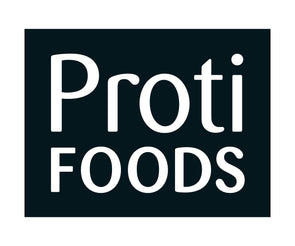Does Stimulus Narrowing Help You Manage Healthy Weight Loss Behaviors?
A classic scientific example of a stimulus response is when you touch something hot such as scalding water or a stovetop burner and your first immediate response is to pull away. In this case the stimulus is the water or burner, and the response is when you pull away.
However, the stimulus response does not usually show up in our everyday lives in such obvious ways such as the one depicted above. Actually, it exists in ways that we are unable to quickly identify which happens to be our response to food stimulus.
Understanding stimulus response to food
In recent discoveries, researchers have been able to find out that a high level of food stimulus is actually correlated with an increased consumption and body mass index. This means that the more you eat large quantities of various foods, the more likely you will eat more and consequently gain weight. In this case, your response to the food stimuli will be to eat more.
With the numerous food messages bombarding you on the internet, TV, billboard ads, newspapers ads and magazines with tantalizing pictures of various foods you can eat, it becomes very essential to protect yourself from getting stimulated to start eating. Thus, to train your brain to respond in the correct manner to the food you eat, there are several things you can do:
Limit food variety
Taking a limited variety of foods will reduce the amount of exposure that usually leads you to start overeating. For instance, you can try repeating foods 2 or 3 nights in a week to limit your brain’s response to want more.
Do not make your food look too attractive
Foods which look more attractive will make you eat more. As true as this is, it does not mean that your food should taste and look bad. For instance, you can reduce the “attractiveness” of your cheeseburger by separating most of the cheese from the meat.
The meals you consumer should usually leave you feeling satisfied not overly stimulated. This is because it is essential for your health and weight to strike a balance.
Be ready in high food stimulus situations
This means that you should be aware of the environments in which your food stimulus is heightened. Thus, you should take an inventory of the periods when you usually find yourself over-eating due to easy access. Some situations will include:

